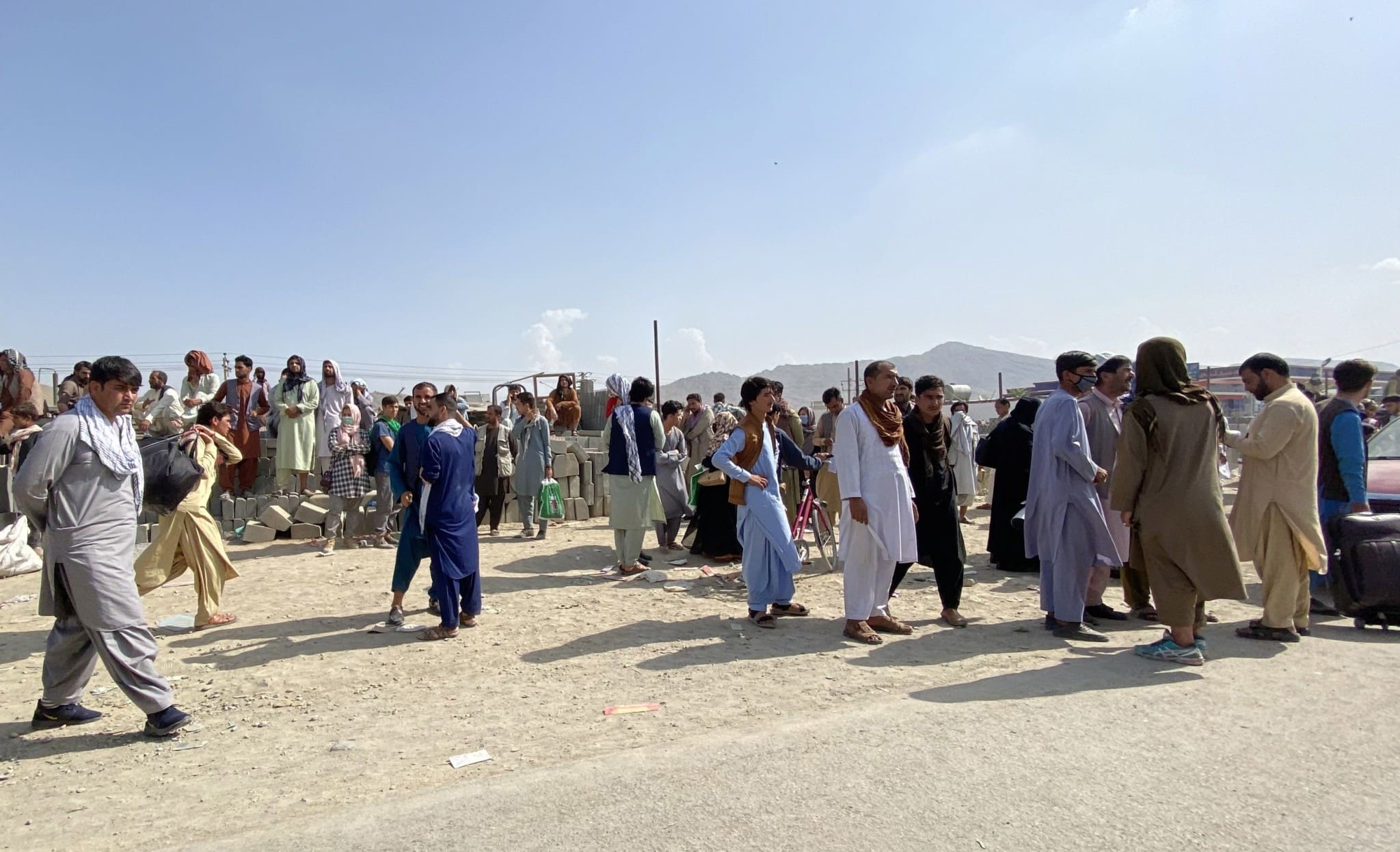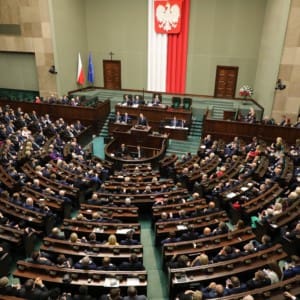Over 50 MEPs in the European Parliament want to persuade the European Commission (EC) to enforce a European Union directive drafted 20 years ago but which has never been put into practice. They argue that the so-called Temporary Protection Directive would be perfectly applicable to crisis situations such as the “mass influx” of Afghans fleeing Taliban rule.
In the summer of 2001, the European Council, in accordance with the European Court of Justice (ECJ) and the European Parliament, adopted a directive on “minimum standards for temporary protection in the event of a mass influx of displaced persons and on the obligations of member states with regard to the reception of such persons”.
The legislation was designed to help refugees flee the wars in Yugoslavia and Kosovo, so that the European Union has the right to grant immediate asylum to people entering the territory of the member states so that they could avoid red tape during asylum procedures. As the directive states, “temporary protection” is an exceptional procedure designed to provide such persons with immediate and temporary protection in the event of a mass influx of displaced third-country nationals who are unable to return to their country of origin.
Although the war in the Balkans eventually ended, the majority of those who fled to Western Europe remain in the countries they entered till this day, underlining the threat this directive could present to countries already overburdened with high levels of immigrants.
The directive was designed for situations where there is a risk that the asylum system could break down due to a refugee influx.
Under the directive, therefore, the main obligation of member states is to grant immediate residence permits to beneficiaries of temporary protection, “minimizing” the formalities otherwise required for such a procedure, and to help protected persons to obtain a work permit, adequate accommodation, medical care, and to ensure that minors have the right to access the education system under the same conditions as nationals of that member state.
The directive has been accepted by all member states save Denmark and Ireland, but its actual entry into force requires a decision by the European Commission (the EU’s executive arm) after a qualified majority on a proposal from the European Council (the body consisting of the heads of state or government of EU member states).
Although there has been no precedent for the directive to enter into force to date, 76 MEPs wrote a letter to Commission President Ursula von der Leyen, EU Commissioner for Home Affairs Ylva Johansson and EU High Representative for Foreign Affairs and Security Policy Josep Borrell, saying that as a defender of human rights the European Union must not ignore what is happening in Afghanistan, because “our credibility is at stake”.
According to MEPs from the Left, Liberal, Green and European People’s Parties, “the immediate activation of humanitarian corridors is crucial in this regard” and the temporary protection directive is “perfectly” applicable to the mass immigration expected as a result of the situation in Afghanistan.
“Although the directive entered into force in 2001, we have never used its potential (…), so it is time to put an end to this inaction, and Afghanistan provides a perfect opportunity to do so,” the letter says.
Title image: Afghans wait at the Kabul airport to board outbound planes after the Taliban takeover. (source: MTI/EPA)






